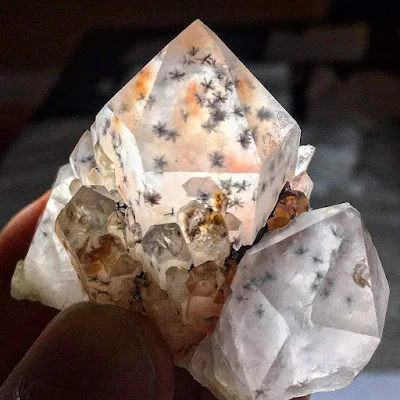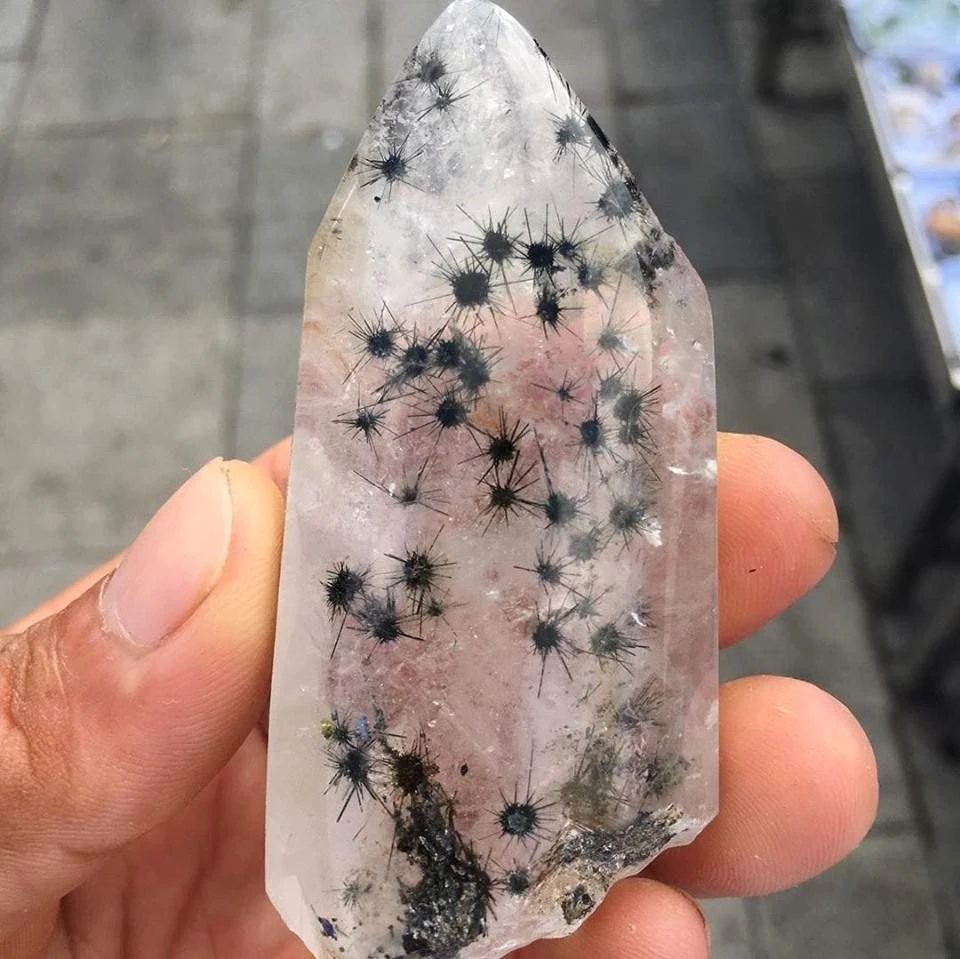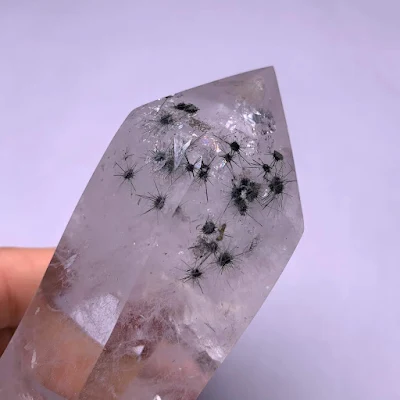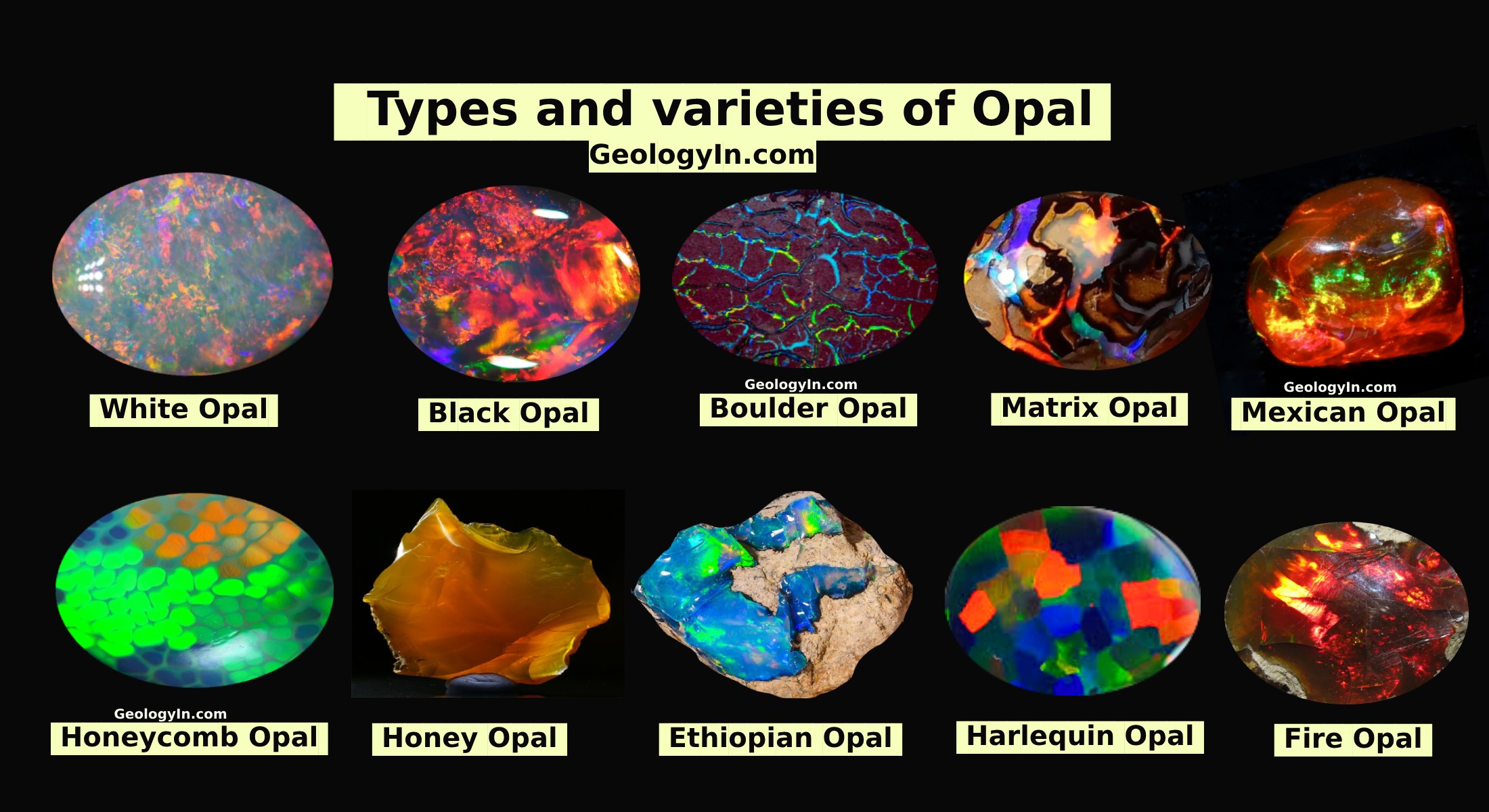Hollandite Quartz: Urchin Quartz
Hollandite Quartz also known as, Urchin Quartz, is a type of quartz crystal that contains tiny black inclusions of the mineral hollandite. These inclusions resemble tiny stars, giving the quartz its characteristic spiky appearance.
Urchin Quartz, also known as Star Quartz or Hollandite Quartz, is a rare and unique variety of quartz that is characterized by tiny black or dark gray inclusions of the mineral Hollandite. These inclusions, which resemble tiny stars or sea urchins, give the quartz its distinctive appearance. Urchin Quartz typically forms in shades of white, milky white, or creamy white, but it can also exhibit pinkish, reddish, or brownish inclusions.
Hollandite Quartz formations are formed when deposits of Hollandite become trapped within Quartz during its formation. As the Hollandite becomes subjected to high thermal temperatures within the Earth, the Hollandite bursts into star formations within the Quartz. This variety of quartz is very rare.
How Hollandite Quartz is Formed
The exact formation process of Urchin Hollandite Quartz is still being studied by geologists, but it is believed to arise from a combination of factors, including:
Hydrothermal Conditions: Urchin Quartz is often found in hydrothermal veins, which are fractures in rocks that have been filled with hot, mineral-rich fluids. These fluids provide the necessary conditions for quartz crystals to grow and form.
Inclusions of Hollandite: Hollandite, the mineral that forms the tiny inclusions in Urchin Quartz, is typically found in association with quartz in hydrothermal veins. The Hollandite becomes trapped within the growing quartz crystals, giving them their distinctive appearance.
Specific Chemical Environment: The presence of certain chemicals in the hydrothermal fluids, such as barium or manganese, may influence the incorporation of Hollandite inclusions into the quartz crystals.
Hollandite Quartz Properties
- Color: White, milky white, creamy white, pinkish, reddish, brownish, with black or dark gray inclusions
- Transparency: Translucent, opaque
- Luster: Vitreous, waxy
- Hardness: 7
- Specific Gravity: 2.65
- Cleavage: None
- Fracture: Irregular, conchoidal
- Crystal System: Hexagonal
- Chemical Formula: SiO₂ (quartz) + Ba(Mn4+6Mn3+2)O16 (hollandite)
- Origin: Hydrothermal veins
Hollandite
Hollandite is a manganese oxide mineral with a chemical formula of Ba(Mn4+6Mn3+2)O16. It is a black to silvery-grey mineral with a metallic luster. Hollandite is a member of the hollandite supergroup, which includes a variety of manganese oxide minerals with similar structures. Hollandite is a relatively rare mineral, and it is found in a variety of geological settings, including hydrothermal veins, manganese deposits, and contact metamorphic rocks.
 |
| Photo Credit : dusted77 |
Hollandite is formed in a variety of geological settings, including hydrothermal veins, manganese deposits, and contact metamorphic rocks. In hydrothermal veins, hollandite is formed as hot, mineral-rich fluids precipitate minerals along fractures in rocks. In manganese deposits, hollandite is formed as manganese-rich sediments are compacted and cemented. In contact metamorphic rocks, hollandite is formed as manganese-rich rocks are heated and altered by contact with magma.
Hollandite Quartz Uses
Jewelry: Urchin Quartz is a popular gemstone and is often cut into cabochons or beads and used in necklaces, earrings, bracelets, and rings.
Carvings and decorative objects: Urchin Quartz is sometimes used in carvings and other decorative objects.
 |
| Hollandite amethyst. Photo: littlelemuria.beyond |
Metaphysical Healing (Crystal Healing): In the realm of crystal healing, Hollandite Quartz is believed to possess various metaphysical properties. These beliefs are not scientifically proven, but some people use Hollandite Quartz during meditation or other healing practices for purposes like:
- Promoting peace and tranquility
- Enhancing creativity
- Providing protection
- Connecting with one's higher self
 |
| Polished and cut Hollandite Quartz |
 |
| Natural Hollandite in clear Quartz Crystal specimen |
In conclusion, hollandite quartz represents a fascinating example of a gemstone whose unique visual properties arise from the interplay of distinct mineral inclusions and specific geological processes. Its rarity and captivating appearance make it a valuable addition to any gemstone collection.



%20(1).webp)






